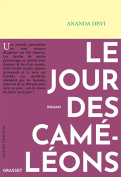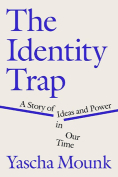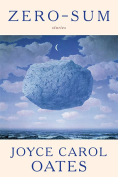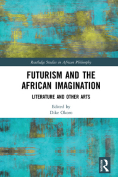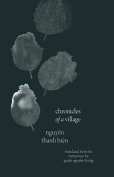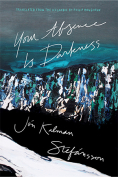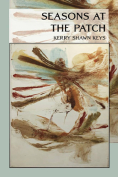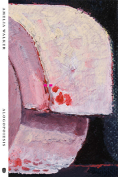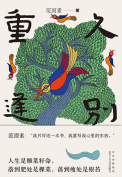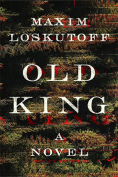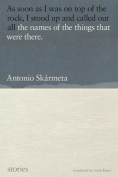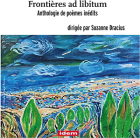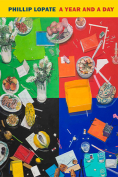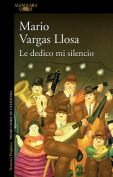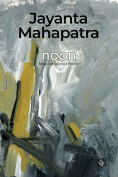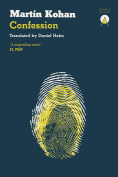Noon: New and Selected Poems by Jayanta Mahapatra
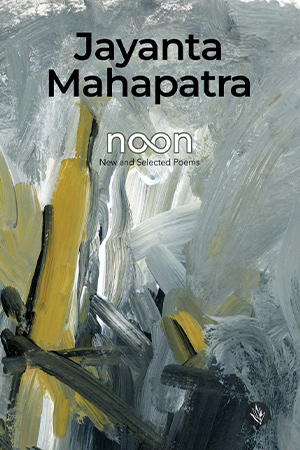 Bhubaneswar, India. Ketaki Foundation Trust. 2023. 72 pages.
Bhubaneswar, India. Ketaki Foundation Trust. 2023. 72 pages.
Jayanta Mahapatra was prescient before his passing, last year, at the age of ninety-five: “So it’s here / with all those dead, refusing to die, / the dignity of bone holding aloft our will to be.” Lines like these equip us with an empath’s vantage, opening up passages to his poetic impulse. For over half a century, his thoughts traveled to places where suffering awaited him. In his midnineties, dawdling with uncertainty about the future, his poems resist a rational ending; mystical silence pervading an individual and collective unconscious.
This slim volume has shuffled both his new and old poems. The reader acquainted with his poetry comes to know the fresh ones, yet the book blurs the distinction to create a cohesive world of suggestion. “Hunger” greets each new publication. An “Indian Summer” propels the warmth of a fading faith. “Ivory Keys” unlock the mysticism of the nature that fills in scattered pits of starvation. The static picture of “Persian Swans” on the carpet, though aesthetic to the eyes, is still unnerving when it contrasts the formless beauty of a woman whose beauty was violated. The newer poems are a testimony to the poet whose existence strained to alleviate the pain of wronged humanity.
Noon does not just contain the incorrigible cruelty of a people; it carries an acute responsibility to let it be known to the world. What could this be if not an adaptation of the poet’s journey of action through poetry, and an inaction through the dignified fear of not being able to initiate a change? The last lines of the poem “Evening” heighten the prototypal anguish of a prophet as a human: “Now I stand at the end of the world. Something / like night clutches with cold hands at my breast. / Tomorrow takes its time. When I’d hear myself / dragging desperation like a little worm.”
A wholesome consciousness is not to be seen in these poems as the referred incidents are a monstrous fusion of several lives of starvation without interruption—all stitched like patterns on a razai quilt. But does the razai warm him up from the chills of the unfulfilled promises of election, or the fundamentalism of gods, or the resultant starvation that gnaws at him from within? To be more accurate about the description of a god who mocks, of a god who is stoic, Mahapatra hurls at his Lord Jagannath, “Why do I grovel before that grotesque God / of bitter wood I have helped to carve?”
John Oliver Perry, in his essay in the Kenyon Review, said of the poet: “He is neither alien nor postmodern.” He is ungrudgingly a poet of his land and the time—neither ideologically severed nor alienated from his parent faith. Mahapatra calls for a greater attention to the man than his story. He disavows the power vested in himself, in the greatness of a poet who has seen it all, and might be, now, all set to exude light on a promised land of possession (only if the meaning of dispossession can be drawn from the poem “Possession”). The poem “A Tale, to Begin With” is particularly striking as we talk of greatness and humility. You can’t unsee the empathy abounding from the dilapidated being in the poems once you see it.
The prying eyes that set out to look for the poet’s contribution to direct transformation in raw physicality or confirmation to a singular faith, the poet himself urges, may find it unmediated in his cry for the cries of those starving for normality. The remaining lines of the stanza are a tentative ending to what we were always on the lookout for:
You’ll find him
In the ageing leaves of the mango in his backyard
In the anguished call of the bird with a broken wing
Or in the disconsolate cry of the child
Whose red balloon got burst
In the jostling crowds on the eighth day of Durga Puja.
No, you’d never find him in a church or a temple.
The poems sustain a cadence with the suffering of men. Mahapatra doesn’t shy away from self-chastisement. If a poet is to be assigned the role of a savior, he can do more than just bear the weight of thwarted promises: he can pause to love and hope.
Rachita Swain
Ravenshaw University
